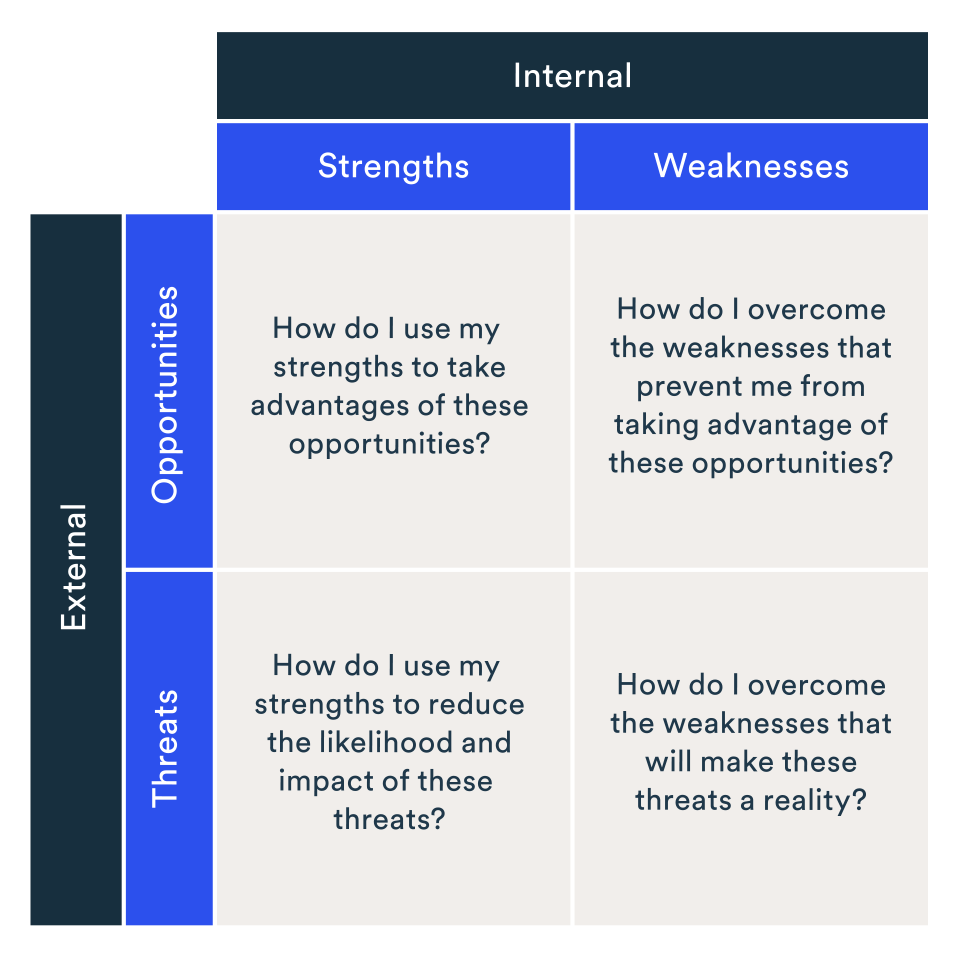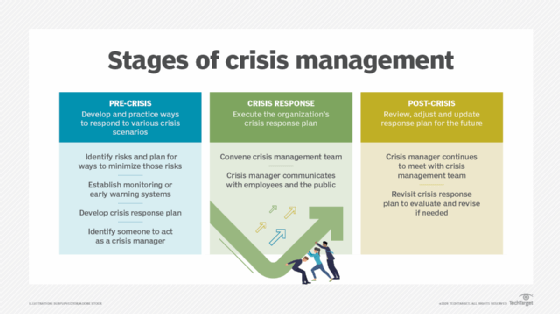Case Studies in Crisis Management: Lessons Learned from Small Business Failures
Meta Description: Explore the critical lessons learned from small business failures through real-life case studies in crisis management. Empower your entrepreneurial journey with practical insights and strategies.
In an unpredictable business landscape, crises can strike without warning, often testing the mettle of even the most seasoned entrepreneurs. As small business owners, understanding how to navigate these turbulent waters is essential for survival and growth. This blog post aims to provide valuable lessons learned from real-life failures in crisis management for small businesses. These insights will equip you with the tools to avoid common pitfalls while fostering a resilient mindset.
My name is Alessia Novak, and I have over 5 years of experience in SEO and business consultancy, helping over 20 companies optimize their crisis management strategies and enhance their operational resilience.
The Importance of Crisis Management
Crisis management is not just about reacting; it’s about being prepared. Small businesses are particularly vulnerable to crises due to limited resources and human capital. According to research by the U.S. Small Business Administration, about 30% of small businesses fail within the first two years due to ineffective crisis management and inadequate strategic planning. Understanding the failures of others can be an invaluable learning experience for entrepreneurs. Let's delve into some historical case studies that underscore the importance of effective crisis management.
Case Studies of Small Business Failures
The Story of Borders Bookstore
Borders Bookstore, once a leader in the book retail industry, failed dramatically due to its reluctance to adapt to the digital age. As they clung to their traditional business model, competitors like Amazon evolved and thrived by offering e-books and innovative online shopping experiences. Borders filed for bankruptcy in 2011, highlighting the critical lesson of adaptability.
Key Lesson
- Embrace Innovation: Businesses must remain agile and responsive to market changes. Failure to innovate can lead to obsolescence.
Kodak's Downfall
Kodak was a household name in photography and even invented the first digital camera in the 1970s. However, they failed to transition into the digital landscape and continued to focus on film-based photography. As digital photography gained popularity, Kodak's failure to capitalize on this technological shift led to its eventual bankruptcy in 2012.
Key Lesson
- Market Awareness: Businesses must cultivate an awareness of industry trends and be willing to pivot when necessary to meet changing consumer demands.
Blockbuster's Missed Opportunity
Blockbuster was once synonymous with movie rental, but they missed the opportunity to adapt to the rise of streaming services like Netflix. By failing to recognize the shifting habits of consumers, Blockbuster found itself unable to compete and filed for bankruptcy in 2010.
Key Lesson
- Consumer Trend Adaptation: Businesses must stay attuned to consumer behavior trends and be ready to evolve their business model accordingly.
Crisis Statistics That Matter
Understanding the landscape of crisis management can enlighten small business owners about the potential risks they face. Here are some compelling statistics:
- Startup Survival After Crisis: Approximately 30% of startups survive after experiencing a major crisis, emphasizing how critical it is to have a robust crisis management strategy in place.
- Cost of Poor Crisis Management: According to a study by PwC, the financial impact of inadequate crisis management can see reputational damage costing up to five times the original crisis cost.
These statistics serve as a sobering reminder of how vital effective crisis management strategies are for small businesses.
Practical Insights and Strategies for Effective Crisis Management
Framework for Crisis Management
Establishing a solid framework for crisis management can significantly enhance your business's resilience. Here’s a step-by-step approach:
- Preparation: Identify potential crises and develop contingency plans. Conduct simulations to prepare your team.
- Response: Establish clear roles and communication channels to ensure effective management during a crisis.
- Recovery: Focus on restoring operations and rebuilding trust with customers and stakeholders.
- Learning: Analyze what went wrong and identify areas for improvement to enhance future preparedness.
Risk Assessment Techniques
Utilizing specific tools to assess risks can greatly benefit small business owners. Consider implementing:
- SWOT Analysis (Strengths, Weaknesses, Opportunities, Threats):
 This tool helps identify areas where your business is vulnerable.
This tool helps identify areas where your business is vulnerable. - Risk Matrices: A visual representation that can assist in prioritizing risks based on their potential impact and likelihood.
Success Stories from Failure
Not all stories of failure end with closure. Consider this inspiring example:
A Local Café’s Comeback: After facing a health scare that affected its reputation, a local café took decisive action by implementing stricter health protocols and increasing transparency with customers. Through community engagement efforts and enhanced safety measures, the café not only recovered but became a beloved local establishment.
Key Lesson
- Resilience: Crises can lead to opportunities for growth and improvement if managed effectively.
Expert Insights on Crisis Management
Integrating expert opinions can enrich your understanding of crisis management. For instance, Michael Leckie, a recognized crisis management consultant, emphasizes the need for small businesses to develop a strategic crisis communication plan:  "The ability to communicate transparently during a crisis can be the difference between survival and failure."
"The ability to communicate transparently during a crisis can be the difference between survival and failure."
Tools and Resources for Effective Crisis Management
- Actionable Templates: Downloadable templates for crisis management planning and communication can streamline your process.
- Online Learning Platforms: Platforms like Coursera and Udemy offer courses specifically tailored to crisis management, stress management, and business continuity planning.
Community Engagement and Sharing Experiences
Sharing experiences can create a supportive community among small business owners. Encourage your readers to share their own crisis management experiences, whether they resulted in successes or lessons learned.
Conclusion: Learning from Failure
Through careful analysis of past failures, small business owners can glean valuable insights that pave the way for successful crisis management in their own ventures. Viewing crises not as setbacks but as opportunities for learning and growth can transform your approach to business.
To keep informed about crisis management strategies and insights for small businesses, don’t hesitate to subscribe to our blog for ongoing content tailored to your needs. Remember, your next big breakthrough may be just one lesson learned from failure away!

